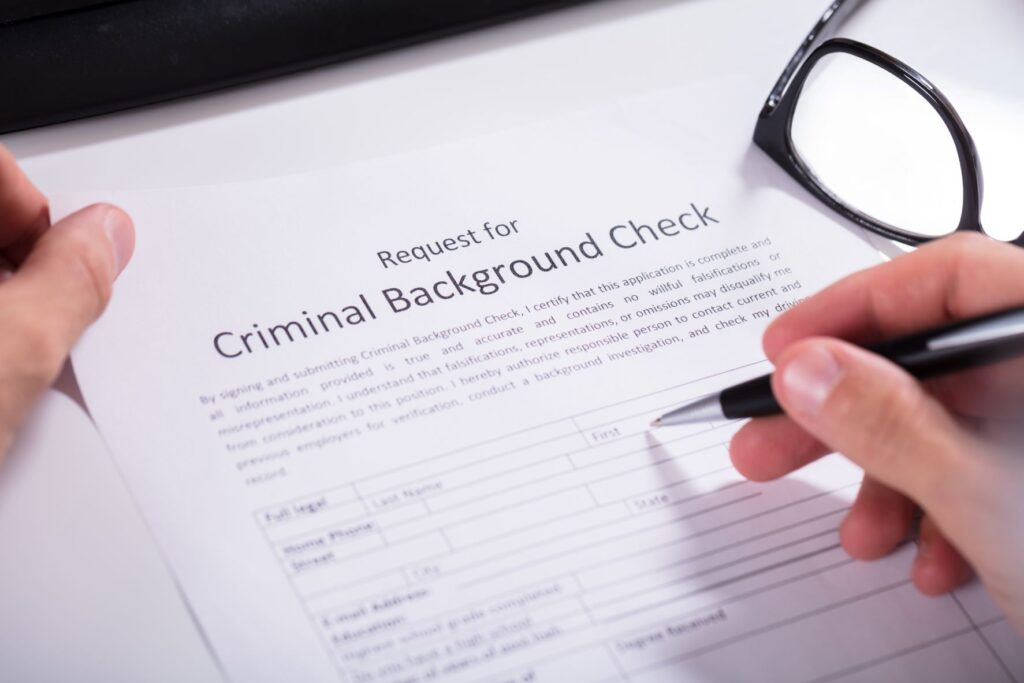

Sometimes an employer or agency needs to run a background check. You may ask yourself, Do I even know how to check my criminal record? You’re not alone; people often don’t know their rights when it comes to their own criminal history, let alone the process for accessing this information.
You’re entitled to get a copy of your criminal record (which is typically public information) to check for accuracy and completeness. In this article, you’ll discover what a criminal record contains, where you can find it, and who else has access to it.
Details of the conviction might vary across jurisdictions. Criminal information often includes:
Knowing how to check your criminal record is key. The first thing to know when seeking a copy of your criminal record is that there is no universal, nationwide criminal record register. Rather, records are stored in many different local, state, and federal systems, depending on the severity of the crime, the arresting law enforcement agency, and the court where you were tried.
Most felonies and severe crimes for which you were fingerprinted will have been reported to the FBI, and this is the best place to begin your search. To apply for a Criminal History Summary (also called an Identity History Summary), you must:
While most felony convictions are reported and sent to the FBI, misdemeanor convictions are not always submitted. To get a record of your misdemeanors, criminal infractions, or even proof that you have no record, contact the state or local authorities in which the arrest or conviction took place (or, if you have no criminal record, your local jurisdiction).
Typically, you can start by contacting the Department of Justice or state police department. For example, knowing how to check your criminal record in California requires you to apply to the Department of Justice to route your request. Fees, identification, documentation requirements, and forms will vary by state, county, and municipality. Most states will get your criminal record to you within two to four weeks.
Your criminal history will typically indicate any record of misdemeanors, felonies, sex offender information, any court records, DUIs, parole violations, convictions, and sentences. It also notes any guilty or not guilty verdicts and whether there is an active warrant for your arrest.
Knowing how to check your criminal record can be useful for any number of reasons. The reasons why you’d need to access this information include:
You can contact the FBI directly for this information. Be sure to allow five to six weeks for processing and delivery.
Government agencies can see your criminal record without your consent. However, employers and schools must obtain your consent before being able to access your criminal record. If you do not consent upon inquiry, you will most likely be declined from the job application.
Beyond employers, access varies greatly among states. For example, in Georgia, felony convictions are public record and available upon payment of $15 and submission of the name and date of birth of the felon. There are also online services that sell what is publicly accessible for a fee, although these records may not be entirely complete.
If you need help with looking into your criminal report, speak with a professional today about how best to obtain one.
This article contains general legal information but does not constitute professional legal advice for your particular situation. The Law Dictionary is not a law firm, and this page does not create an attorney-client or legal adviser relationship. If you have specific questions, please consult a qualified attorney licensed in your jurisdiction.